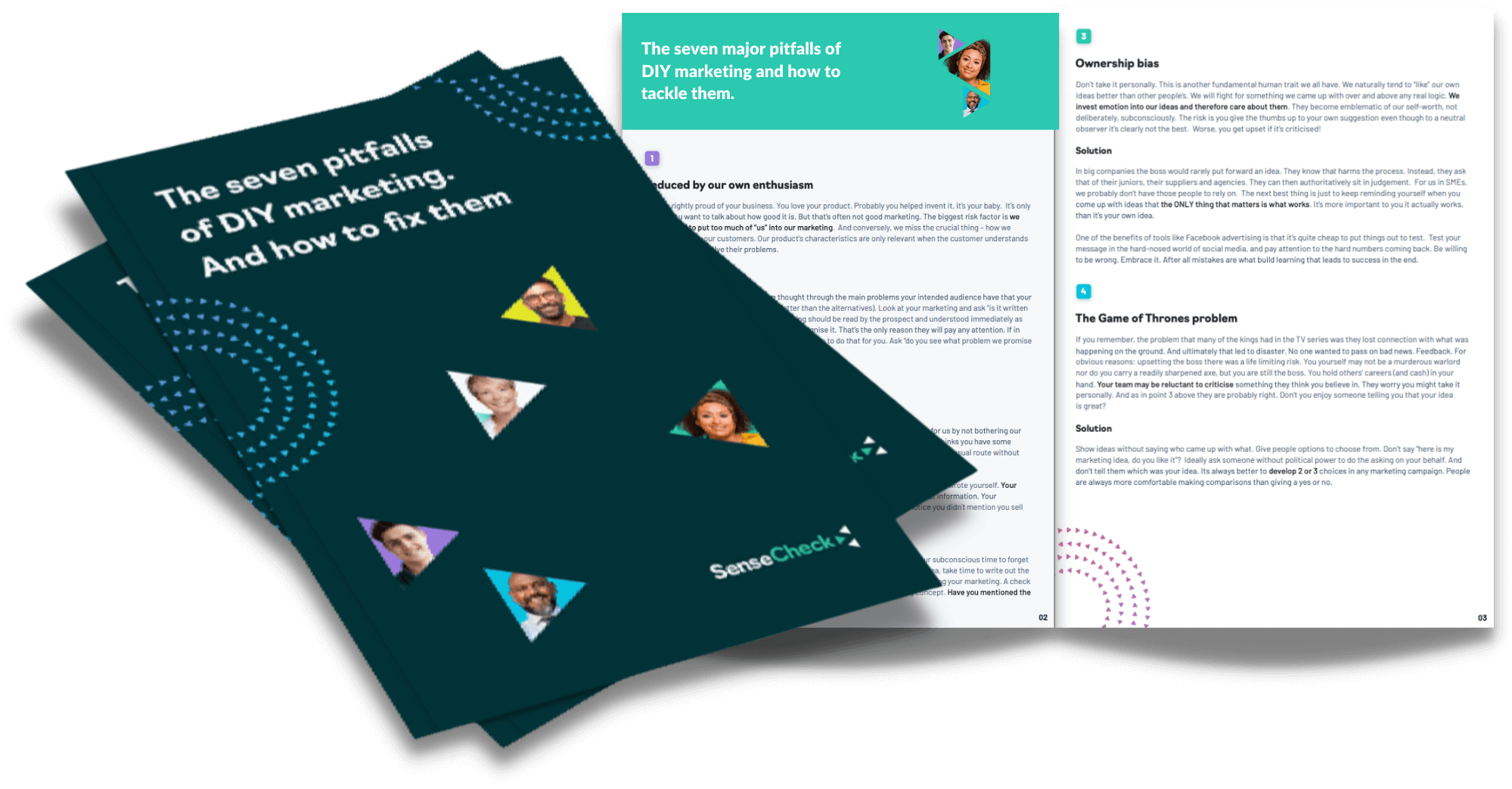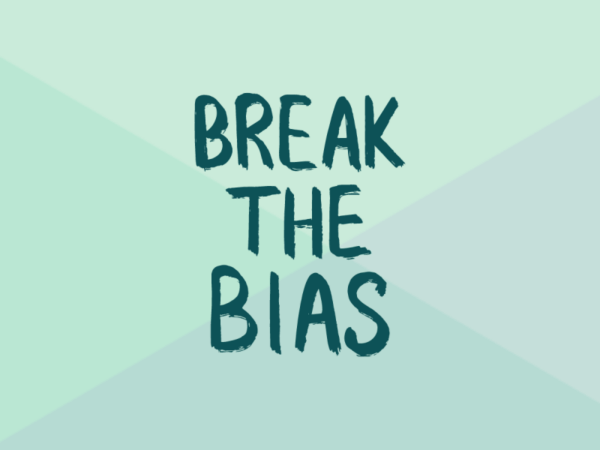If you’re looking for holiday recommendations, whose advice do you trust more – that of a close friend, or the advice of someone distant like a work colleague or acquaintance? Or more distant still, an advert on the internet?
Easy answer – of course, you, and every human, favour the advice of someone you know.
This 2020 study also found that people were more likely to disregard BAD advice if it came from people they felt close to. In other words, you not only favour the advice of a friend, you aren’t equipped to see clearly when that advice is unhelpful.
This has plenty of implications for your marketing team. On the one hand, understanding this psychology gives you an opportunity to gain your market’s trust. On the other hand, the very fact that all humans are susceptible to this particular bias means that your team might be prioritising less helpful feedback.
Let’s dive in.
The Study
The study – from the University of Göttingen – examined how people react to negative outcomes resulting from the recommendations of people close to them.
First, the researchers took 882 undergraduate students and gave them some tests to assess how likely they were to follow someone’s advice again after receiving bad advice the first time. If that person was a close friend, were they more likely to overlook the previous poor quality of the advice?
Turns out, the participants’ intent to follow someone’s advice again was higher when those recommenders were friends than when they were acquaintances. Despite its proven unreliability.
Then, the researchers applied this same question to scenarios where a service provider had disappointed the participants in some way. Would the participants be more likely to try the service again when it failed, if a friend had sent them?
The researchers found that customer retention was indeed higher if the customer came to the business on a recommendation.
Compared to if they saw it in an advertisement.
Second, in a doctor’s practice where the practitioner assistant was rude and derogatory. 70% of people when recommended that practice by a friend, decided they would give the service another try. This, compared to just 44% of people who had found the practice in an advertisement.
So it’s clear people trust those whom they feel closer to. Even beyond the evidence of experience.
What does this mean for your marketing team?
Gain your market’s trust
Since people trust the advice of friends, they need to feel you are such a friend. The more familiar your customers feel with your company, the more they will be biased towards you…
You need to ‘humanise’ their businesses – make it more than just a faceless company that pumps out goods or services.
Many customers want to feel connected to the company. And a simple starting point is the “about us” section of your website. Tell the story of your foundation, your people and bring your company alive in a human way.
It could also mean producing blog articles that introduce your team or telling your social media followers who your marketing manager is so that when they read posts or watch reels.
The way you approach this also depends on your market – a private equity firm probably wouldn’t introduce Sandra the social media marketing manager or write Q&As about team members’ lives outside work. But they might produce LinkedIn posts that share important, professional industry insights and attribute them to team members (with a headshot so people can put a face to the name).
By contrast, if your business targets young Gen Z makeup users, introducing the aforementioned Sandra or even posting reels on how your team does their makeup could be a huge success!
Regardless of how you do it, the more connected your market feels to your actual team (not just your offering), the more likely they are to buy from you.
But the same thing is your Achilles heel
This same learning, when applied to how your team seeks to evaluate and improve their marketing work, points to a damaging risk…
Every idea or piece of work benefits from and needs feedback. But where you get that feedback from is incredibly important. The research implies that even in business, we will be biased to follow the advice of people close to us.
So why is this an issue? Friends and family, whilst you like them we hope, won’t want to upset you (and depending on their professional background they may not be equipped to give advice anyway). Your close colleagues may also want to preserve your relationship friendship, and there could be elements of politics at play.
Not helpful for optimising your marketing.
What you need is an outside, professional third party who can give you feedback without any bias.
Finding such people outside your business and getting their advice can be a daunting task.
At SenseCheck, we make it simple. We provide a panel of industry experts who will take your idea, piece of content, marketing campaign, strategy, collateral, etc, and analyse it. They then provide specific, constructive criticism and advice, which helps drive creativity and propels your work to the next level.
Avoiding the risks of getting advice too close to home. However tempting that is, and however comfortable that may be.
Check out this page on How It Works or simply sign up to get started with us today!






